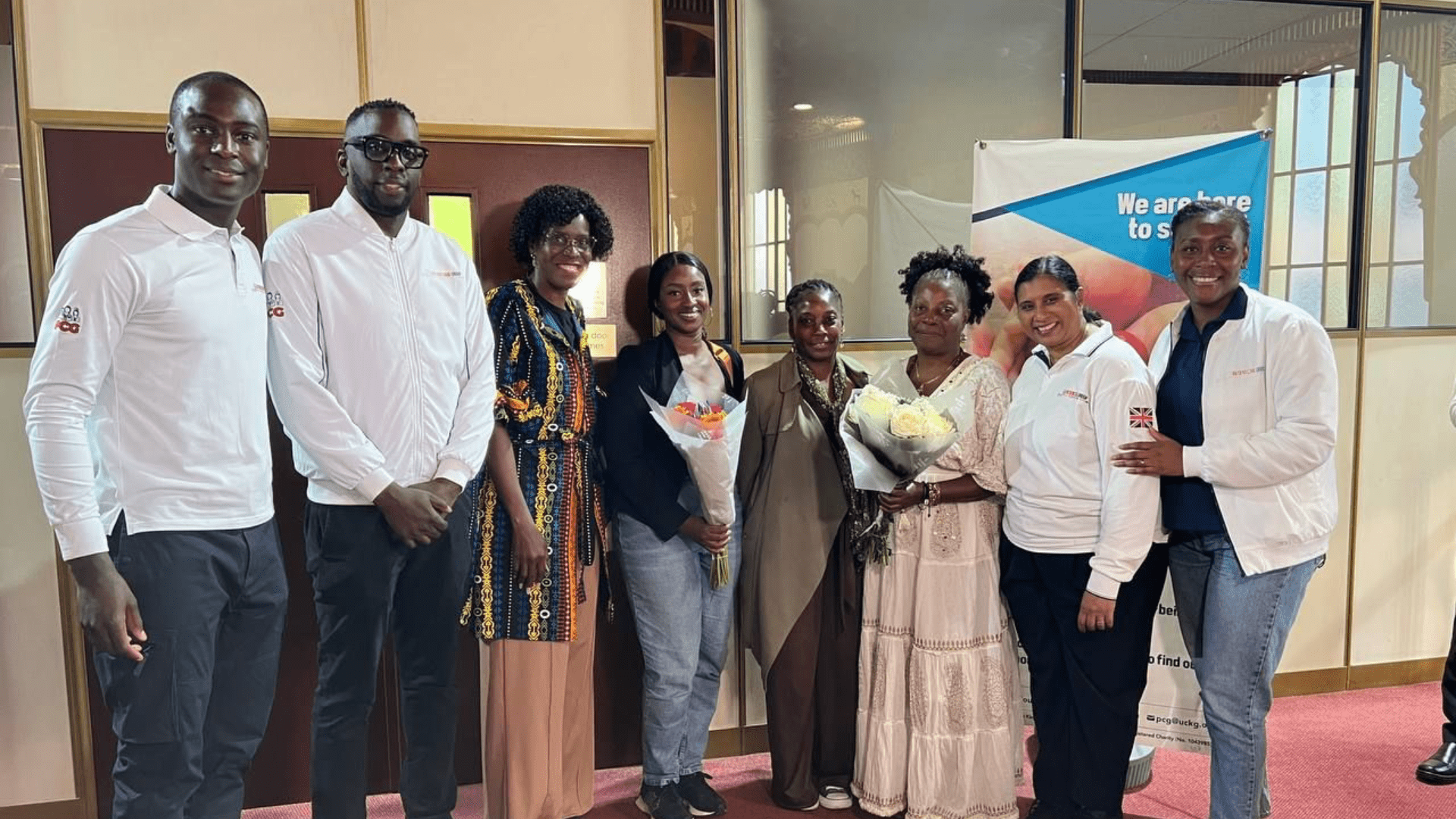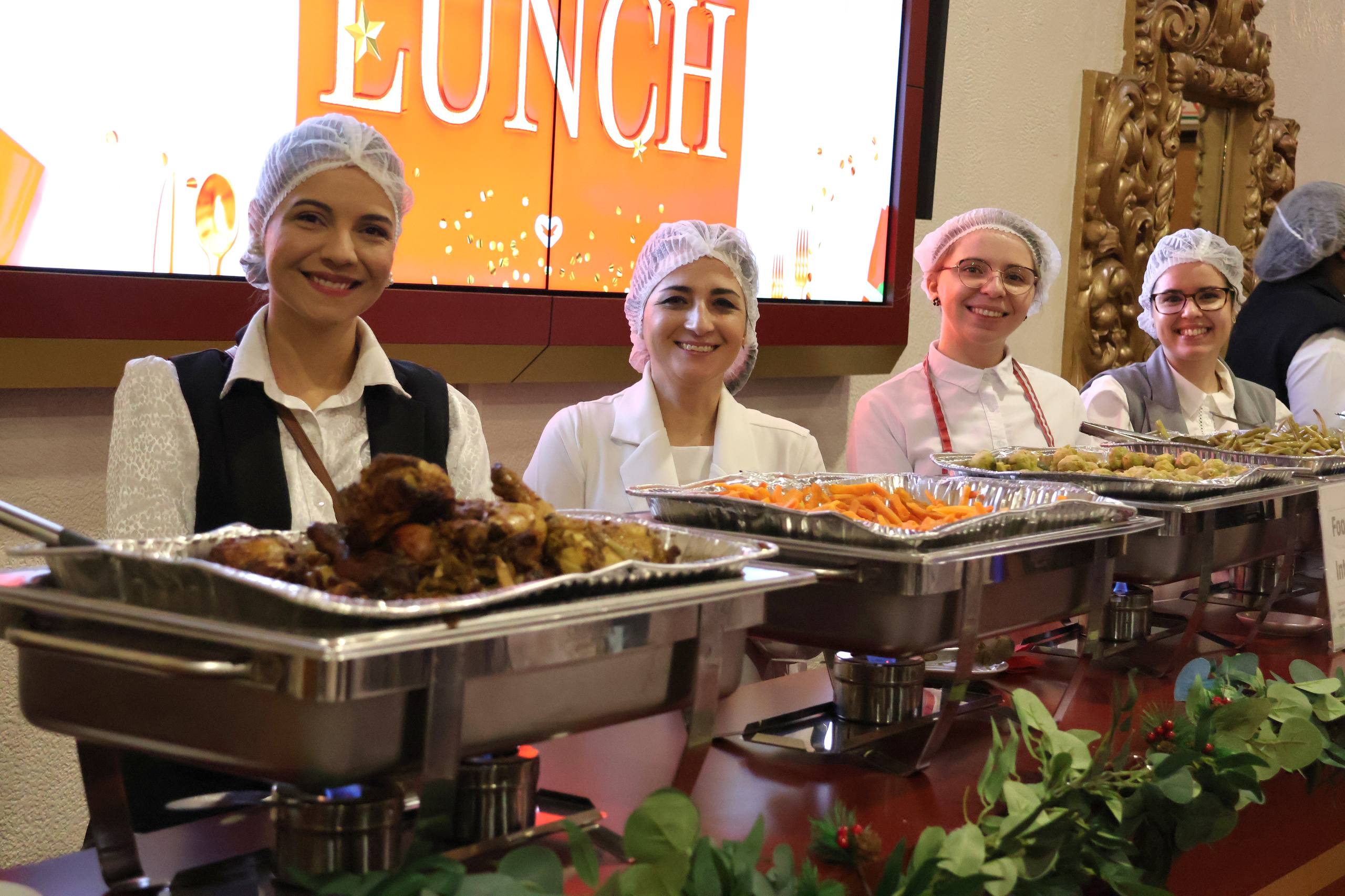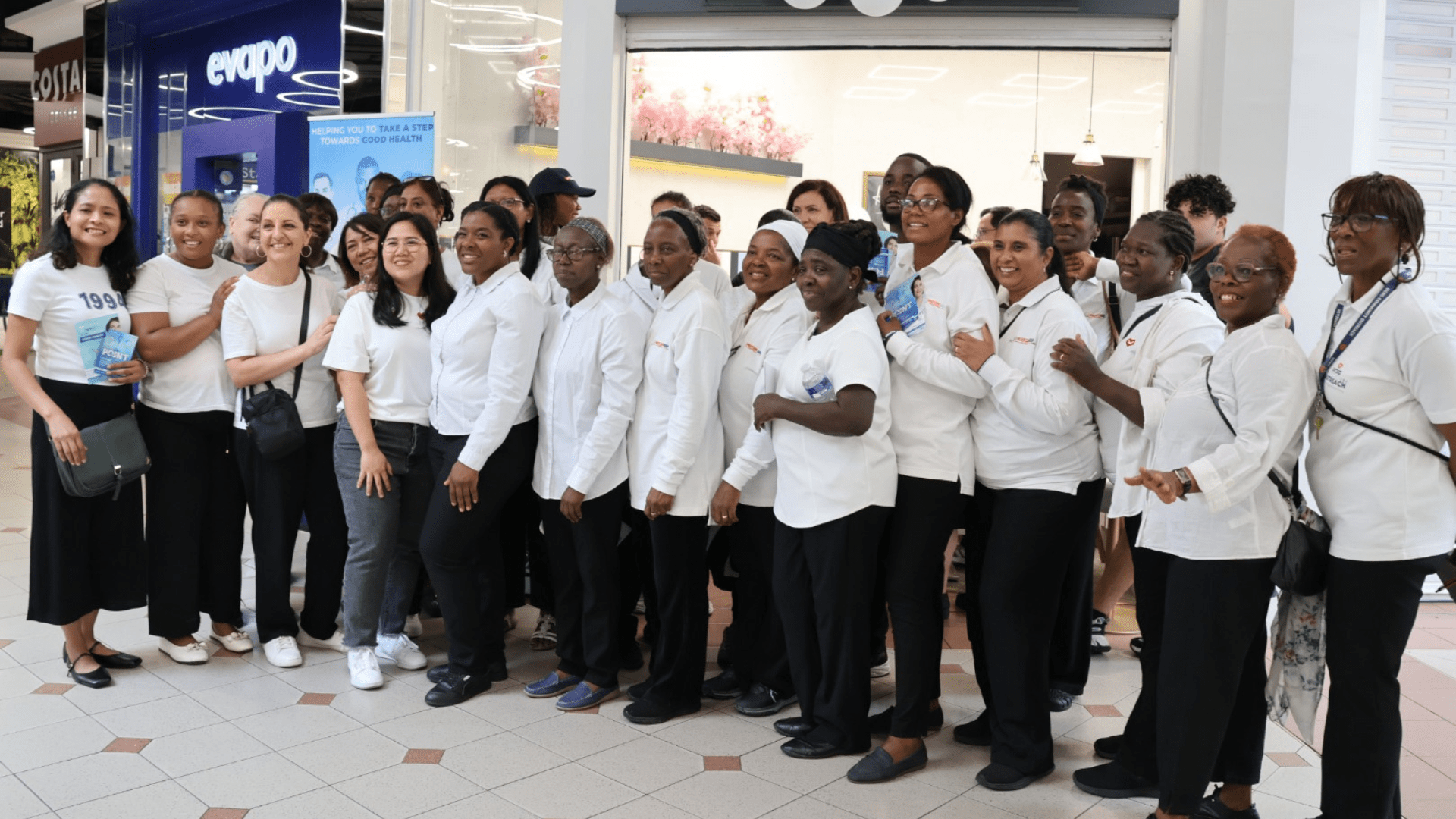In today’s fast-paced world, it’s all too easy to overlook the struggles others face—especially if we’re not directly affected. Often, the challenges of our neighbours, coworkers, or even close friends go unnoticed unless they’re brought to the forefront. One such challenge is sickle cell disease (SCD)—a condition that, despite being widespread, remains under-recognised.
Unknown to many, sickle cell disease is the most common genetic disorder in the UK. 1 in 79 babies born in the UK carry the sickle cell trait. Nearly 300 babies are diagnosed with the disease each year.
Over 15,000 people in the UK live with SCD—a figure that doesn’t even account for the family members and loved ones who are deeply affected alongside them. Though the numbers speak for themselves, the condition often stays in the shadows, with many unaware of how common it is or how profoundly it affects the lives of those who live with it.
To help change that, the Patient Care Group (PCG) of the UCKG HelpCentre hosted its first Sickle Cell Awareness Event on Saturday, 21st September 2024. Open to the public, the event aimed to raise awareness, foster understanding, and provide valuable information to anyone impacted—directly or indirectly—by the disease.
The day featured passionate guest speakers who shared both medical expertise and personal insight:
Grace Adjei-Clinton, a Senior Haemoglobinopathy Nurse from NHS Whittington Hospital and Samantha Greaves from The Sickle Cell Society were present to share their insight, knowledge and experiences with those present. Their presentations offered clarity on what living with sickle cell disease truly means, the support systems available, and the importance of early diagnosis and awareness.
One attendee summed it up simply: “It was a good day!”
But behind that brief comment was a deep sense of appreciation—for the chance to learn, to connect, and to feel supported.
Beyond information-sharing, the event created a space for open conversation—where attendees could ask questions, share experiences, and feel part of a larger community. It was a day of unity, compassion, and empowerment, reminding everyone present that no one has to face sickle cell disease alone.
For more information about our the work of the Patient Care Group, email us at [email protected] or call us on 0207 686 6000.




